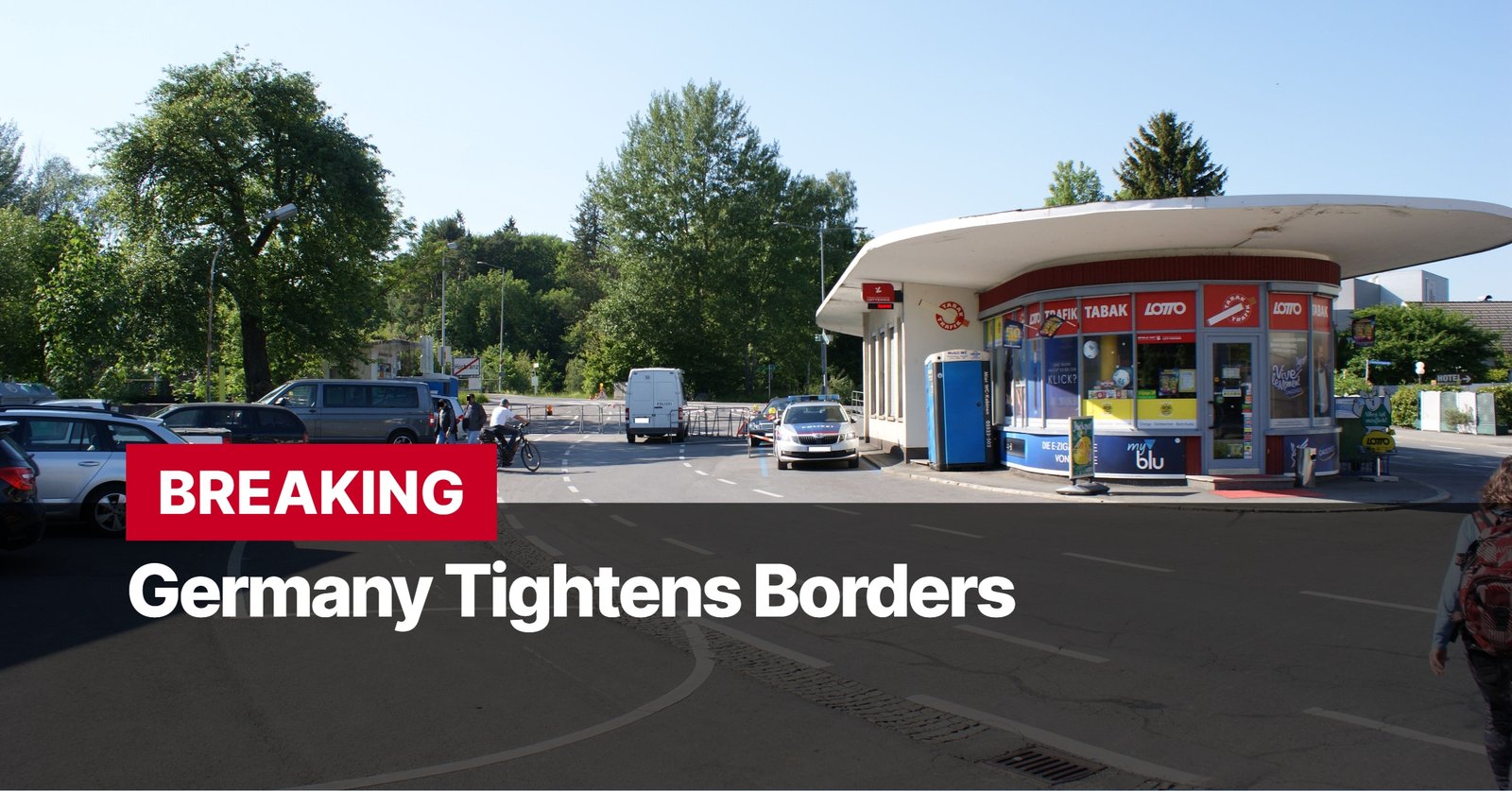Germany, a country known for its open borders and welcoming stance towards refugees, is set to tighten its border controls in the coming weeks. This move comes as a direct response to a recent wave of political and societal pressure, fueled by a tragic event and a growing sense of insecurity regarding immigration.
The immediate trigger for this shift in policy appears to be a recent knife attack in which an individual facing deportation was alleged to have killed three people. This incident, coupled with the rising popularity of an anti-immigration party, has intensified concerns about border security and immigration policies.
The decision to introduce border checks at all border points, including those with neighboring European countries, suggests a deliberate attempt to address these anxieties. While the government maintains that this measure is primarily aimed at curbing Islamist extremism and cross-border crime, critics perceive it as a political maneuver.
Indeed, the recent surge in support for the anti-immigration party, which has seen its popularity skyrocket to unprecedented levels, has undoubtedly influenced the government’s stance. This trend, coupled with a growing sense of unease among voters regarding immigration and border security, has prompted a reassessment of policies that were previously considered relatively liberal.
The government’s response has taken the form of a multi-pronged approach, including a commitment to stricter border controls, a tightening of asylum regulations, and an increased emphasis on deportations. These measures, while seemingly aimed at addressing concerns about security and immigration, are likely to be seen by some as a shift towards a more restrictive approach.
This situation underscores a growing tension between security concerns and the principle of open borders in a globalized world. The events in Germany raise important questions about the role of immigration in shaping national identity and political discourse, and the extent to which security concerns can influence policy decisions in a diverse and interconnected Europe.
It remains to be seen whether this shift in Germany’s border policy will be a temporary measure or a more permanent change. The long-term implications of these decisions on the country’s reputation as a welcoming destination for refugees and immigrants, as well as its role in shaping a unified European Union, will be closely watched in the years to come.



















